Thanks so much for tuning in again to Saving the Shtetlach, my blog that details my travels through Europe learning about modern Jewish life and history. In my last post, I told you all about my time spent in Krakow, Poland researching its modern Jewish community. In this post, I will update you about my time spent living in Berlin. I have lived in Germany for four weeks now, participating in the Leo Baeck Summer University in Jewish Studies at Humbolt Universität and let me tell you, it’s been quite the ride.
My time in Berlin has been a very interesting experience, both challenging and fun. The program I am participating in is as superb as it is intense, and every day I leave class with my brain flooded with thoughts, ideas, and an overload of information. We are studying a very interesting topic: Jewish history in Germany and modern German-Jewish relations. My program is divided into two modules, the first one focused on Jewish life in Germany before and during World War II and the second one focused on German-Jewish life post-World War II.
The first three-week module ended last week and overall it was a very interesting class. We studied Jewish history in Germany from 1800 through 1945 and I learned a great deal. I had never realized how long Jews had lived in Germany. I had never before learned in detail what their life was like. The narrative I had always been told was that all Jews living in Germany before World War II were well-off and assimilated. I had always believed that German Jews hardly connected with their Jewish identity. Rather, I had always been told that Jews living in Germany considered themselves to be Germans first. As usual, my preconceptions proved to be misconceptions and I found that Jewish history in Germany before World War II was much more complex than I had expected.
To put it in context (a brief history lesson)
We learned about relations between German Jews and Gentiles before World War II and how these relations were quite complicated in nature. It is important to note that Jews and Gentiles needed each other in Germany, particularly in business. Yet issues of trust and antisemitism often came into play and sometimes fractured their dealings. Jews in Germany certainly had more freedoms than Jewish people living in other parts of the world, particularly compared to the Pale of Settlement which was in also place during the 19th century. The Jewish Emancipation that took place in Germany in 1871 made Jews citizens of Germany with rights, and this made their situation special and often better than the situation of Russian-Jewish or Polish-Jewish people of that time. By the start of the 20th century, Jewish people had the ability to rise through the societal ranks and often become more educated. Many Jews took this opportunity and made nice lives for themselves and their families, finding jobs in medicine, law, and business. When World War I began, 85,000 of Jewish men fought for Germany and defended the “father land,” in fact, many became decorated war heroes. But despite having near equal rights, Jews faced severe discrimination in many spheres of their life in Germany. For instance, it was very tough for a Jew to be admitted to a German University. Even in the 1900s, it was still very hard for a Jew to rise up in court houses or in military. Rumors and stereotypes about the Jewish people would spread like wildfire throughout the country and Jews faced persecution and humiliation often in the public sphere. When Germany lost the First World War and its economy completely crashed, the young Nazi party used anti-Semitic rhetoric as its way to slither up through the ranks.
My personal reaction
By the start of the weekend, several people in my program complained that they were having Holocaust nightmares. All of us were so emotionally exhausted that we did not know what to do.
I started to wonder what my life would have been like if I never knew about it. What would my world be like if I had never learned about the Nazis or the murder of six million Jewish people. What if Hitler was a person who never came up in conversation? What if I had never seen or a read a book or watched a movie made about the Shoah? What would that life be like if I never knew about the Holocaust? What if I could have simply lived in ignorance of this topic?
I thought about this for a while and to be honest, I think this question is one that will return to me throughout the rest of my life. Sometimes this history can be so sad that I ask myself why I put this burden of history on my shoulders? Why do I need to take on this task of remembering?
But then I thought, if I didn’t study the Holocaust – who else would? If I do not take on this responsibility, how can I expect others to do the same? You see, Holocaust education and studying Jewish history has become such a large part of my life, in the end: I don’t know where I’d be if I didn’t study it.
I can still remember when I learned about the Holocaust for the first time, looking at the Torah in my synagogue reading the words “Never Forget” and wondering what could be so bad that we all had to remember it. I still recall reading the book Night in 8th grade and then being given a writing assignment to write a story from a victim’s perspective. I still remember talking to my grandma every night, writing this story, and discovering the power of storytelling and the power that resided within my own voice. I still remember meeting Dr. Buchanan, my Holocaust-Genocide teacher in High school who showed me that with passion, dedication, and the strength necessary to take the journey, I could pave a path for myself in Holocaust studies and be the writer I wanted to be. I still remember meeting Dr. Caplan, my Yiddish teacher and how I began taking Yiddish classes and learning about Jewish life pre-World War II. My studies of Yiddish lead to my travels to Poland, Belarus, and Lithuania, and through these travels I learned much about Jewish culture pre-World War II and the stories of my ancestors. As a particpant of the Helix Project and as a student at the Vilnius Yiddish Institute, I was introduced to a community of people all interested in the same thing as me. Afterwards, these experiences lead me to travel to Austria, Poland again, and the Czech Republic, in a quest to learn about modern day Jewish life. Now I am in Germany studying Jewish history and contemporary German-Jewish culture. Soon I will be in Paris doing the same thing.
So you see, I chose this path but in many ways, I also think this path chose me. Without learning about the Holocaust, I would not be here doing what I’m doing today. I would not be writing this now. I don’t even know if I’d have wanted to be a writer. I don’t know what Arielle I would be – but certainly it would not be me.
a brief step back in time!
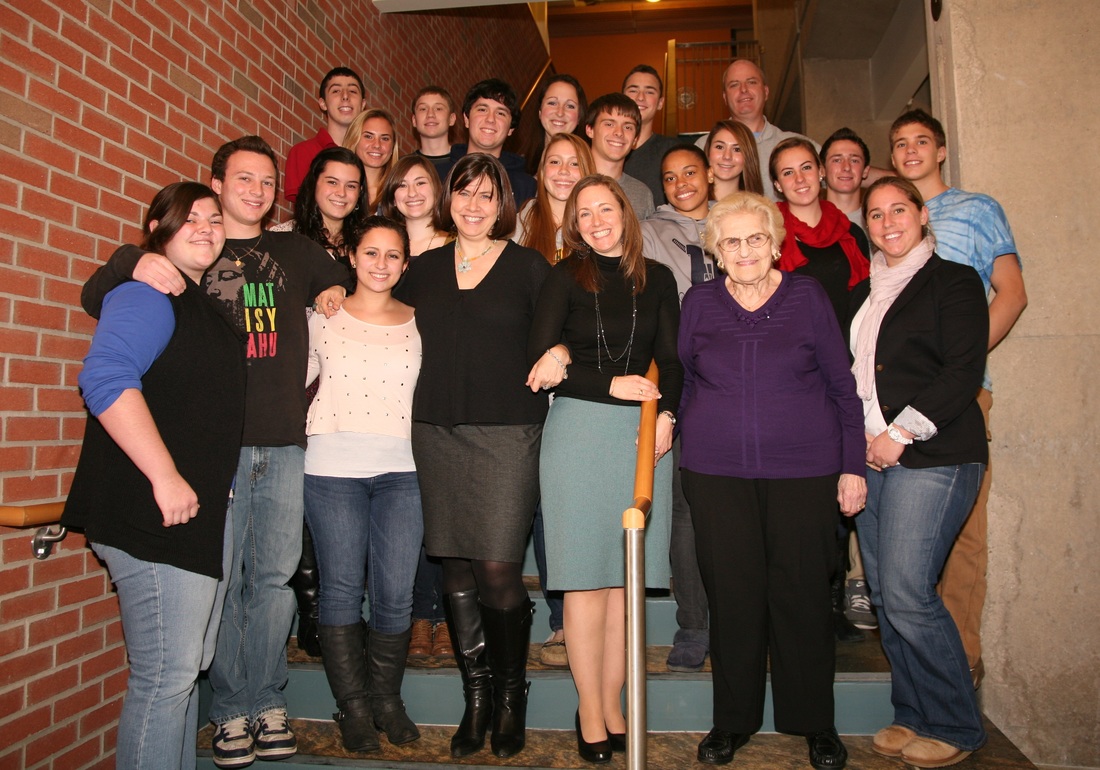
So Why do I study The holocaust?
I learn about the Holocaust because as people of the world, we NEED to realize the great the evil we can do to one another if we do not stand up for justice. I do this to preserve the memory of those who fell victim in this awful period of history. I learn about the Holocaust so that no act of intolerance or racial prejudice ever grows to be so large or so destructive again.
So there you have it. I will be sure to blog again soon regarding more details on my time spent in Germany. I hope you enjoyed this post. I truly get great pleasure and comfort out of writing this blog. Living in Germany, I find myself often completely surrounded by history. It can leave me with a lot of thoughts in my head and this blog is a great outlet for me to express my feelings and views on what I am experiencing. For me, while living here, the learning is taking place both inside and outside the classroom. In fact, I find myself learning even as I write to you. I hope that in reading, you get something out of this story too. I hope that I can spread some of the lessons that I have been so fortunate enough to learn. Feel free to leave comments in the box below – I love to hear thoughts from readers. Sending many warm wishes from the city of Berlin and as always, thanks so much for reading.
Until next time,
Arielle
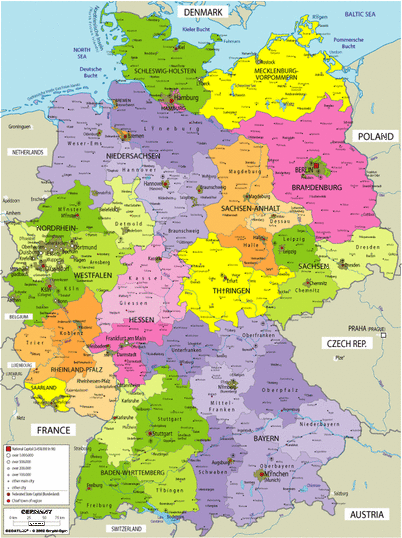
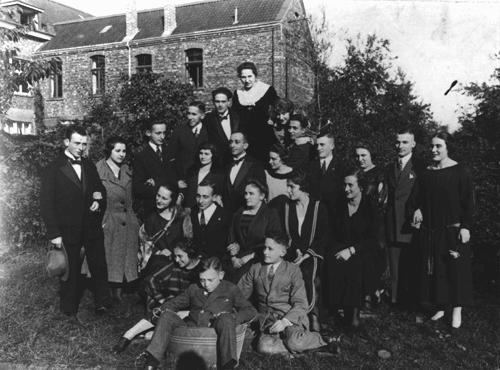
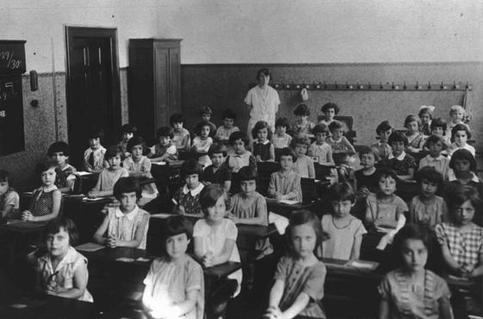
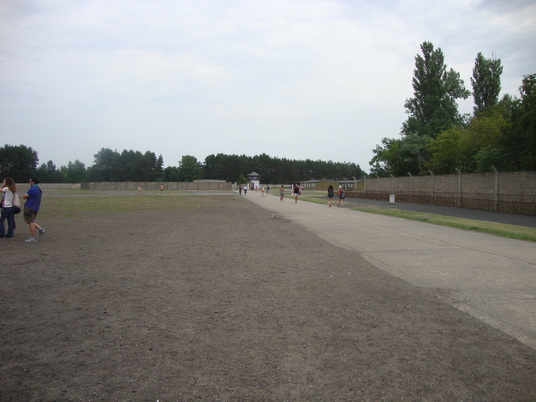
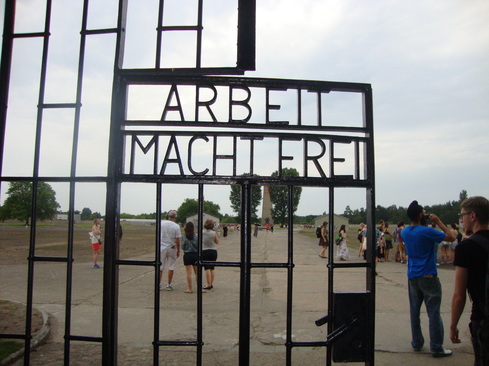
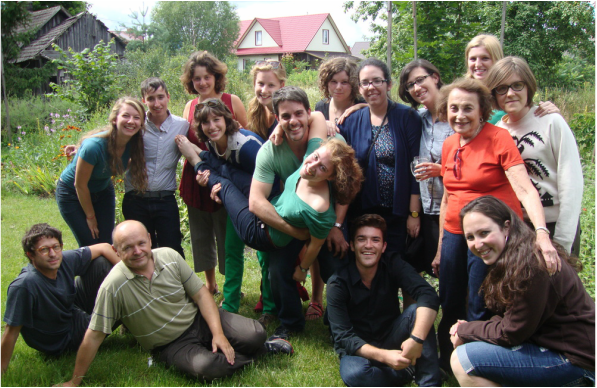
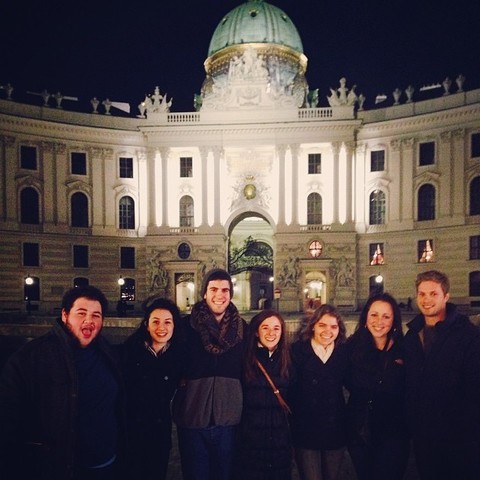
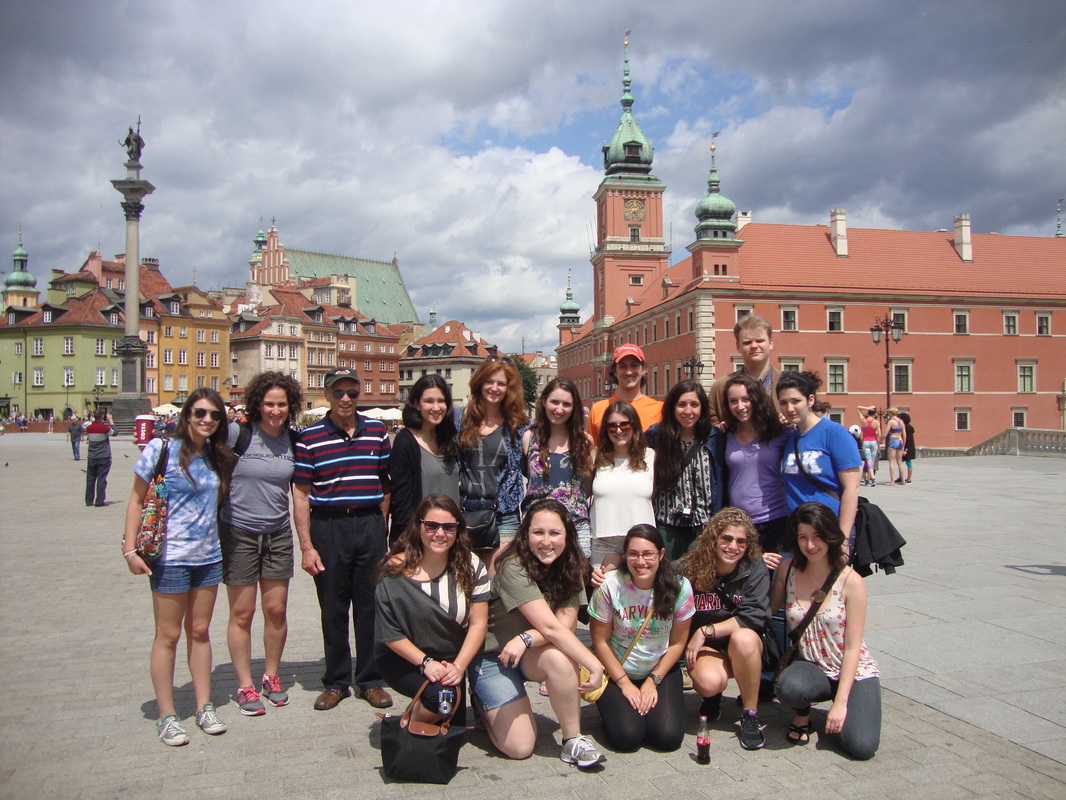
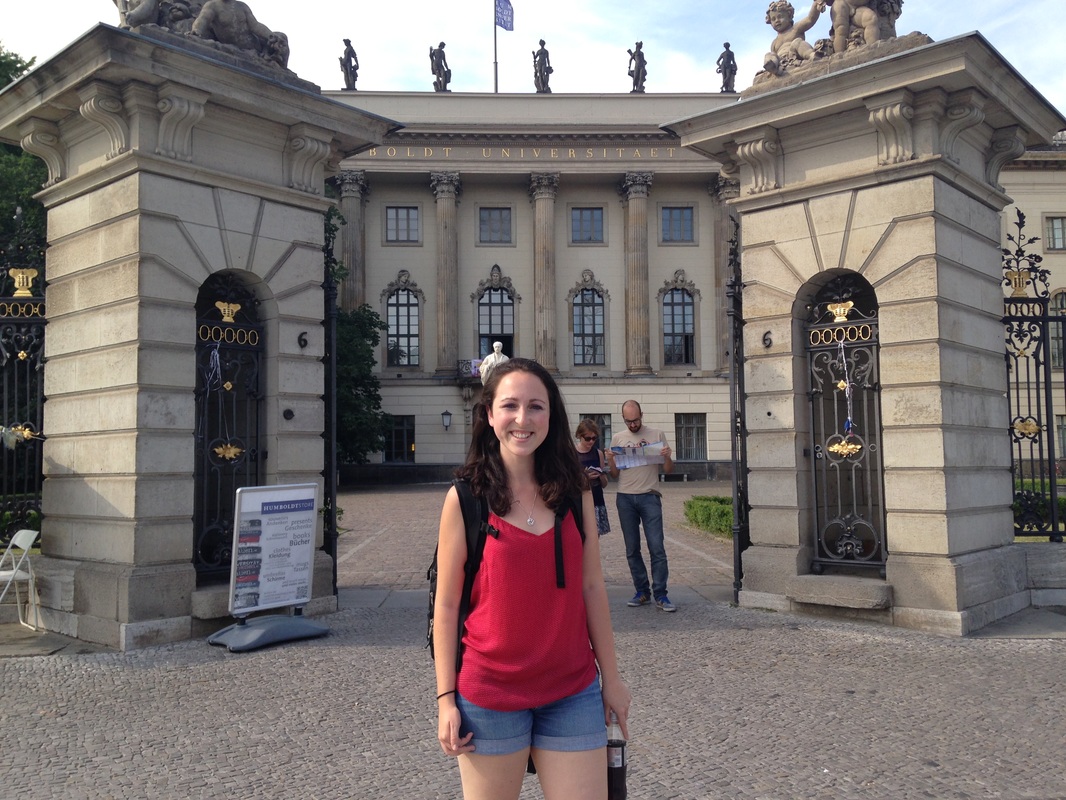
 RSS Feed
RSS Feed
